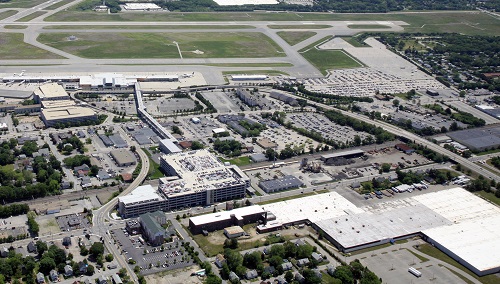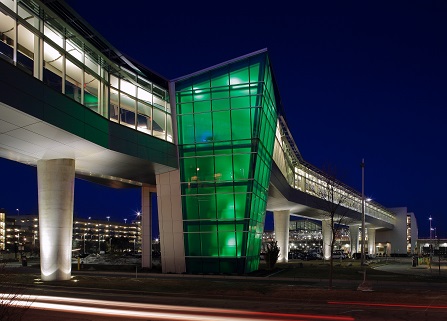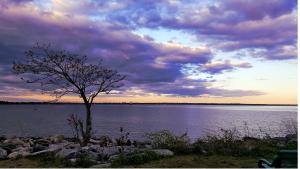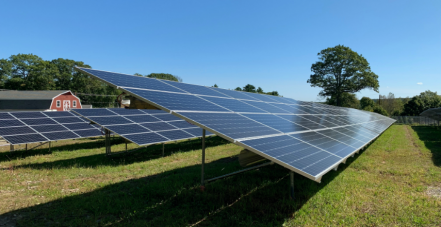PROVIDENCE – Low energy and water usage propelled Rhode Island to second place in a State Sustainability Index recently compiled by Forbes Home.
Rhode Island owes its ranking to the lowest energy usage among all states, and the third-lowest water usage, according to the inaugural report. The Ocean State placed around mid-range in solar friendliness, at 20th in the U.S.
Neighboring Massachusetts was the only state to overtake Rhode Island in sustainability metrics, taking the index’s top spot. The Bay State placed first in the U.S. for environmental considerations thanks to high marks across the board, including the second-lowest water usage, fifth-lowest energy use and fifth-best solar friendliness.
Forbes Home determined energy and water usage on a per capita basis, and considered factors including current solar infrastructure and the state’s number of solar-related jobs to calculate solar friendliness.
While the Ocean State still has a long way to go in meeting climate challenges, Rhode Island has strong support for its high ranking, said Sue AnderBois, director of Climate & Government Relations at The Nature Conservancy’s Rhode Island Chapter.
“It’s not a huge surprise, because Rhode Islanders have always cared deeply about the environment,” AnderBois said of the ranking, as demonstrated by public support for sustainability measures such as clean water and green energy bonds.
And in The Nature Conservancy’s own polling, “year after year, we see a really strong commitment to conserve water and the cleanliness of our waterways” among the state’s residents, she added.
But there’s still a long way to go in areas such as climate justice, public transportation and electric vehicle incentives, AnderBois said. And like other states, Rhode Island must combat climate change while adapting to existing environmental damage and increasingly frequent and severe weather events, she noted – including occurrences such as the flash flooding that took place in Providence and surrounding communities on Monday.
Some of those ongoing efforts are included in the state’s Act on Climate order, which mandates net zero carbon emissions by 2050.
“While there’s some good momentum going, this is the time to keep up with this momentum,” AnderBois said. “We’re on a path, (but) we’re still at the trailhead … We’re not near the end of this journey.”
Following Massachusetts and Rhode Island, New York, California and Florida rounded out the top five in Forbes’ overall rankings.
Connecticut placed 13th, just behind 12th-ranked Maine. New Hampshire placed 18th, while Vermont was the only other state to make the top 10, at 7th.
North Dakota came in last, trailing Wyoming, Louisiana, Montana and Nebraska in the bottom five.
The index covers the 50 states and draws from a variety of data sources, including the U.S. Geological Survey, the Energy Information Administration, the U.S. Bureau of Labor Statistics, Energy.gov and the United States Environmental Protection Agency.
In the report, Forbes highlights the United Nations World Commission on Environment and Development’s definition of sustainability as “development that meets the needs of the present without compromising the ability of future generations to meet their own needs.”
The index shows an overall inclination towards climate progress, according to the report.
“Some states demonstrated their efforts at prioritizing conservation and eco-conscious practices better than others,” the index states. “However, collectively, the move toward greater sustainable practices from state to state is a positive upward trend. Sustainability is here to stay.”
But it also stresses a need for continuing work at the state, national and global level.
“Climate change is a dire global issue that needs the immediate attention and action of the global community,” the report states. “The U.S. government plays an important role in creating laws and policies and providing funding to support sustainability efforts at the state and national levels.”
Jacquelyn Voghel is a PBN staff writer. You may reach her at Voghel@PBN.com.





 Share This
Share This